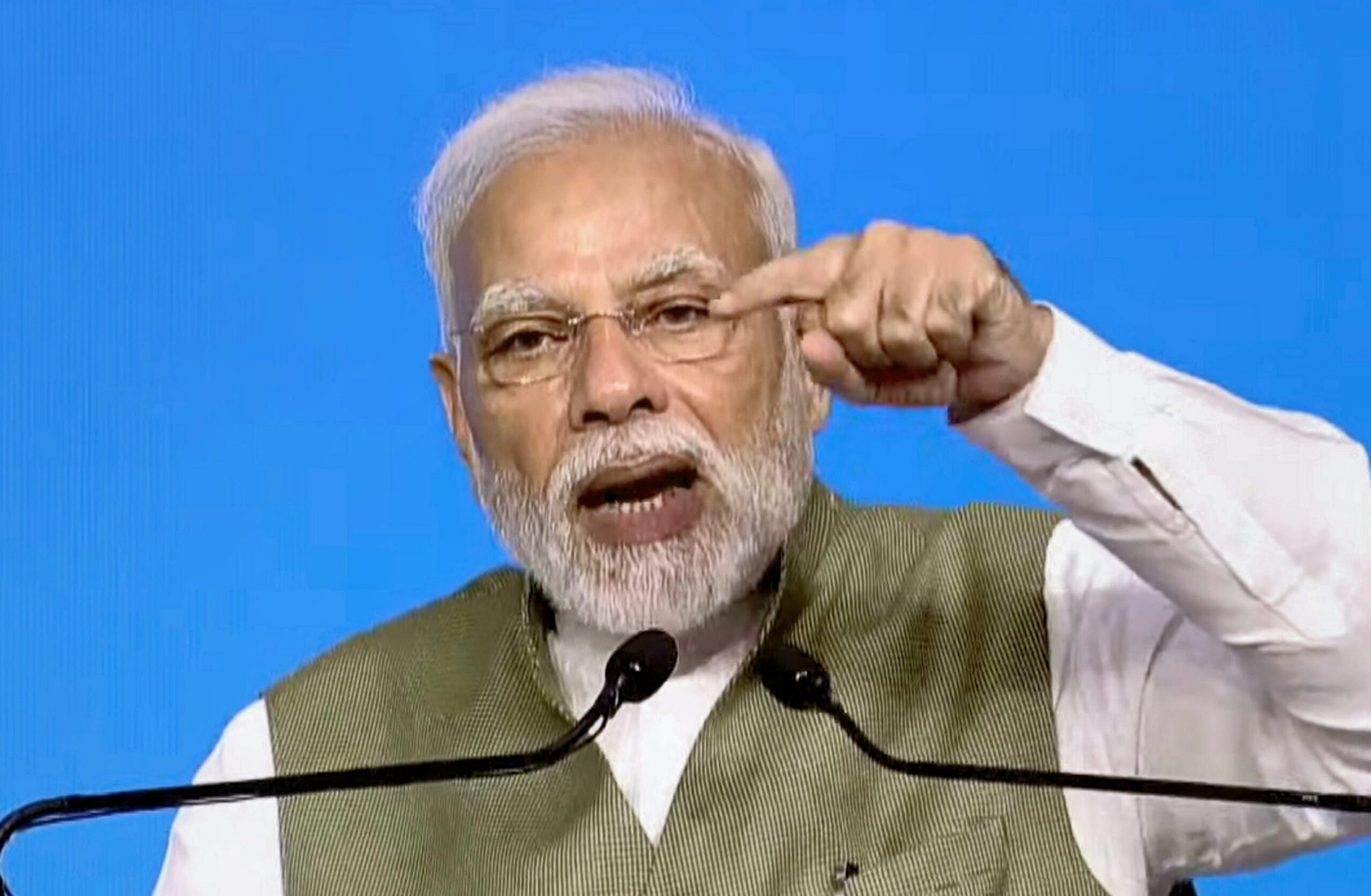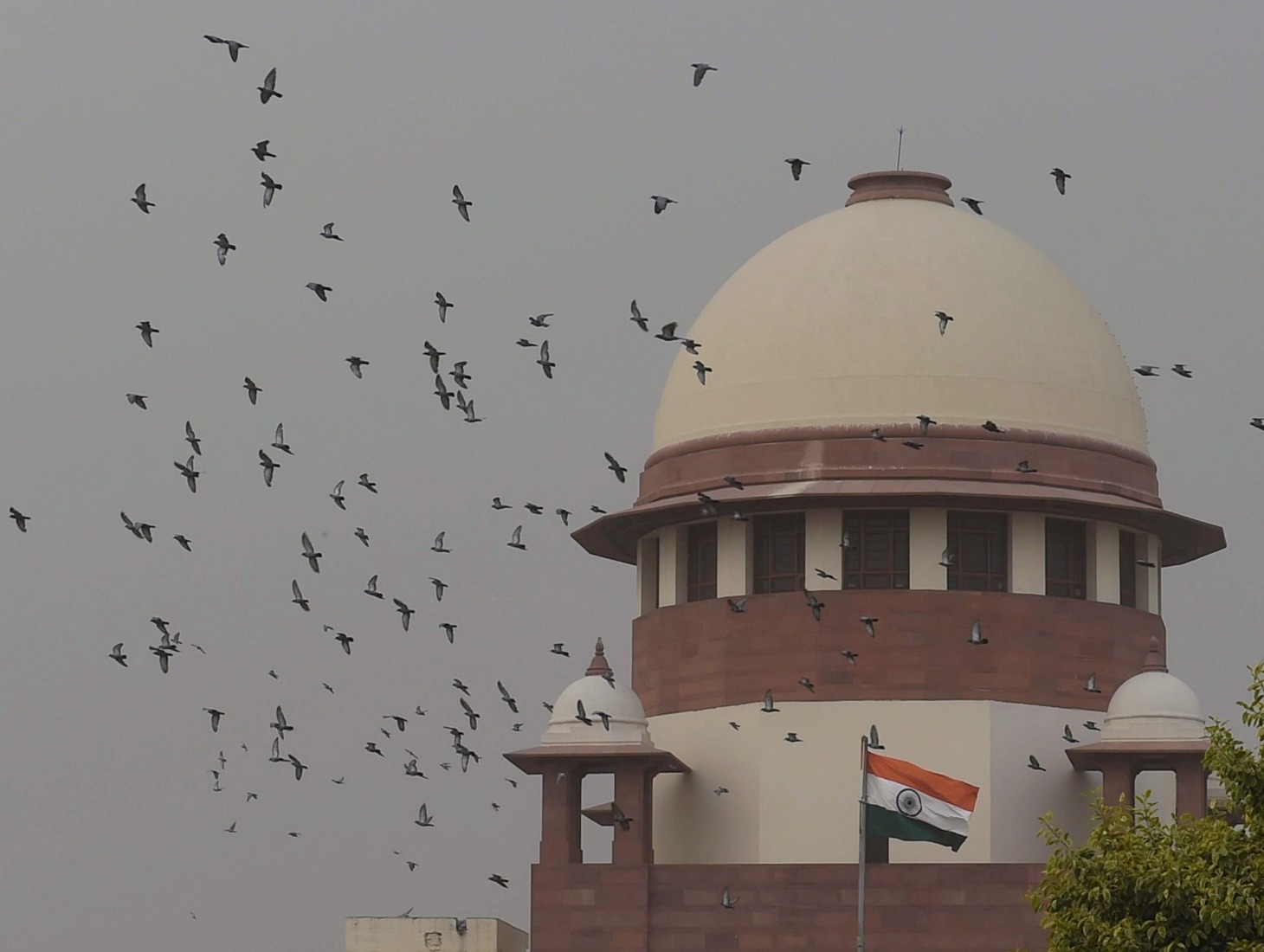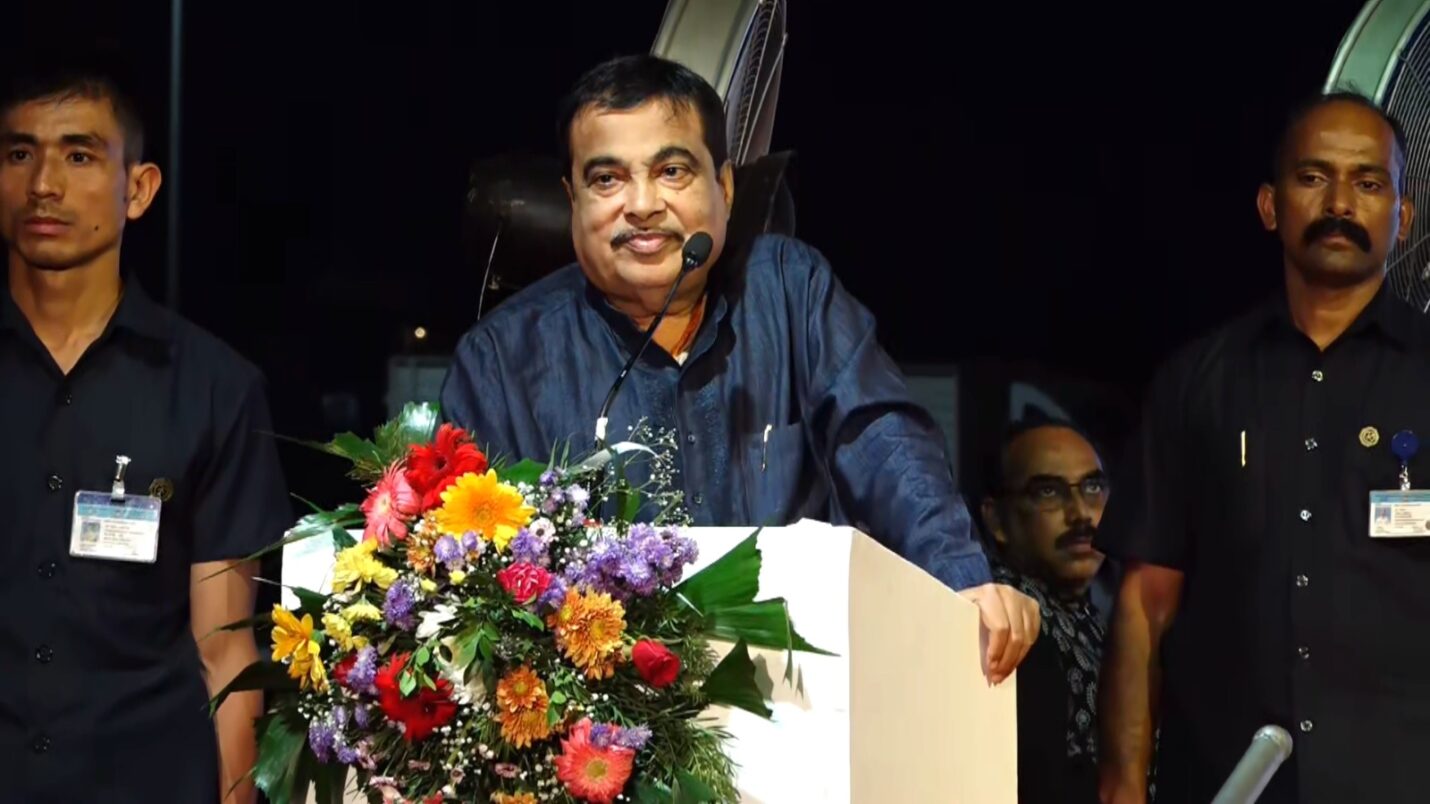Yog Raj Sharma
The North News
Shimla, June 28
The Himachal Pradesh Cabinet has approved a series of wide-ranging measures aimed at bolstering rural livelihoods, disaster preparedness, and agricultural resilience, in what is being seen as a renewed push for decentralised development across the hill state.
Briefing reporters after the meeting, Revenue Minister Jagat Singh Negi outlined the Cabinet’s decision to create 500 posts of ‘Pashu Mitras’ — local animal care workers — under the Animal Husbandry Department. Each recruit will receive a monthly honorarium of ₹5,000, with the government banking on grassroots veterinary support to improve livestock health and rural incomes.
In a bid to reinforce disaster readiness at the community level, the Cabinet also approved the establishment of disaster management units in every panchayat, citing increasing climate volatility and vulnerability of hilly terrain. The move comes as heavy rainfall continues to batter the region, leaving 37 roads blocked and causing losses worth ₹300 crore, with 17 lives lost in recent weeks.
The Cabinet has also greenlit an increase of ₹500 in the monthly honorarium of multi-task workers in the Public Works Department (PWD), acknowledging the role of ground-level staff in infrastructure upkeep under harsh conditions.
In administrative reforms, posts under Pay Matrix Level 11 will now be reclassified from Group B to Group C, allowing departments more flexibility in internal structuring and service management.
Among key institutional changes, the Managing Director’s office of the Himachal Pradesh Tourism Development Corporation (HPTDC) will be relocated to Dharamshala. However, in a move to prevent staff disruption, outsourced employees will not be transferred.
On the agricultural front, the Cabinet has rolled out a Milk Incentive Scheme for dairy farmers supplying to recognised non-governmental dairy cooperatives. Under this scheme, producers will receive a monthly grant of ₹2,500, and an additional ₹3 per litre of milk supplied will be transferred via Direct Benefit Transfer (DBT).
To further support the farming sector, especially in energy-deficit and tribal areas, the government has cleared a plan to provide interest subsidies for solar energy projects. These include a 5% subsidy for 100 kW to 1 MW projects in tribal areas and a 4% subsidy for 250 kW to 2 MW projects in non-tribal regions.
Additionally, the Cabinet approved the creation and recruitment of 101 new posts in the Dehra police lines, aimed at boosting law enforcement capabilities in the region.
The decisions come as the state attempts to recover from the dual impact of erratic weather events and economic strain, with the government under pressure to deliver both immediate relief and long-term sustainability in rural and semi-urban areas.
















